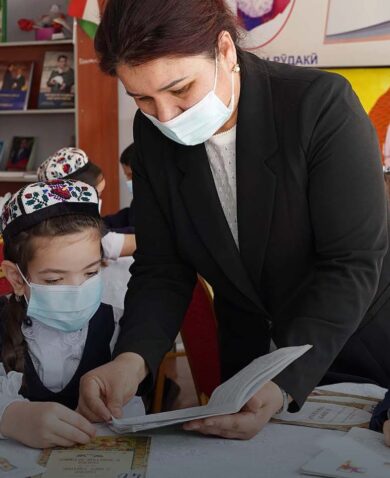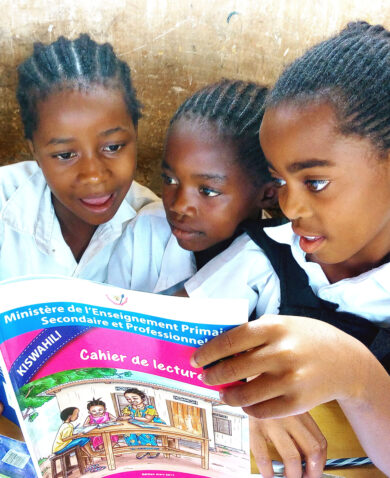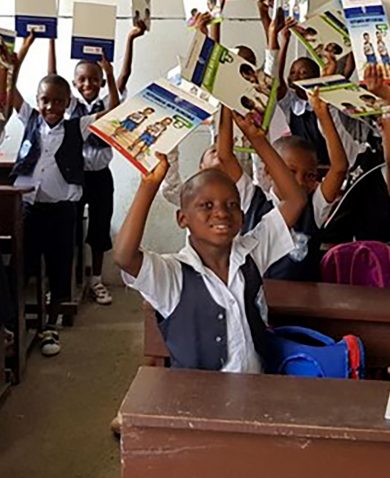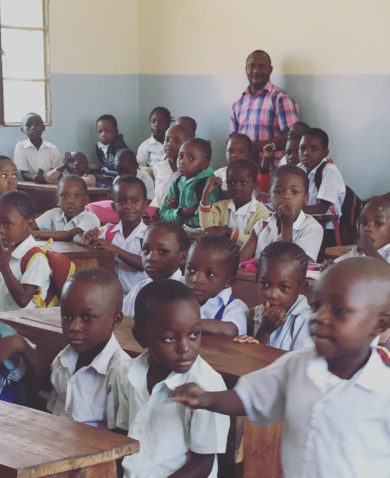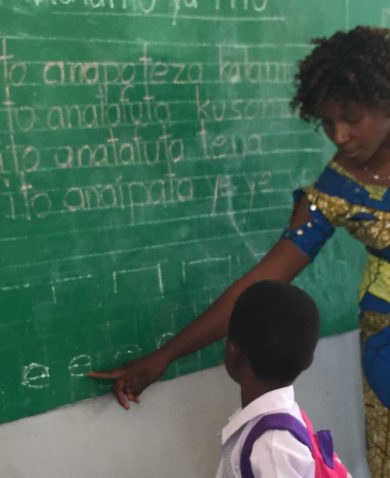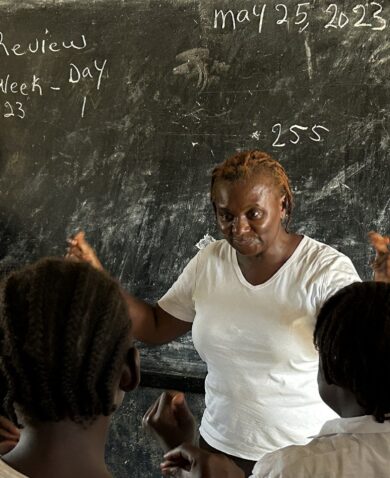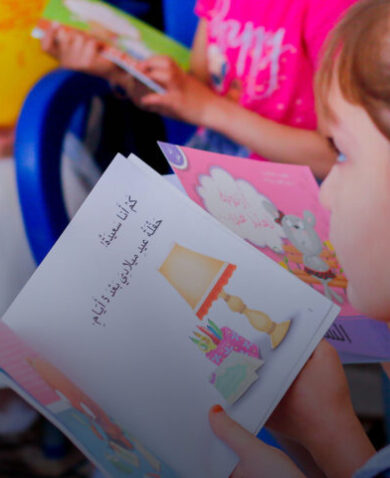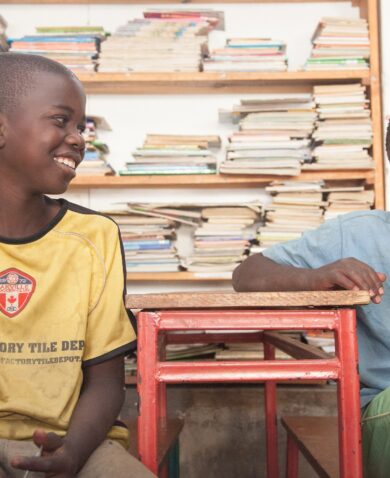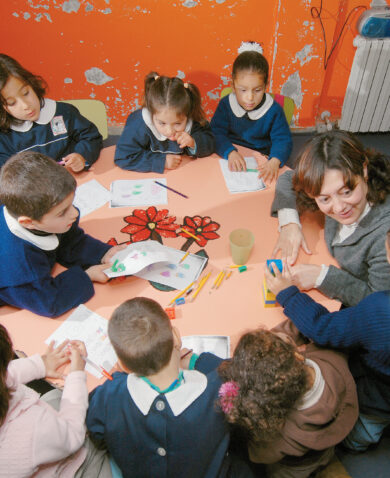
Chemonics News
News: Chemonics Joins CIES 2021 to Discuss Pressing Global Education Issues
April 22, 2021 | 3 Minute ReadAt CIES 2021, Chemonics will join the global education community to share cutting-edge innovations and lessons learned on universal design for learning, reform, distance coaching, and more.
From April 25 to May 2, Chemonics will join the global education community at the 2021 Virtual Annual Conference of the Comparative & International Education Society (CIES 2021) to present and share lessons from implementation and discuss high-priority education issues. Chemonics’ specialists will present on a range of topics facing the education community, including approaches to universal design for learning, reading reform in the time of the pandemic, distance coaching, and safe schooling in conflict zones.
This year’s conference theme is “Social Responsibility Within Changing Contexts,” a nod to the global backdrop of rapidly shifting environments, resulting from the pandemic, social movements, and other socioeconomic and political changes. Within these contexts, education experts have quickly adapted and innovated. Attendees will use the conference as an opportunity to share lessons learned, best practices, and case studies on what works to ensure that educators and programs can continue to deliver high-quality, inclusive, and accessible education.
Chemonics will participate in 10 virtual presentations. Among the presentations, Chemonics’ Protogene Ndahayo and Steve Blunden will share how the USAID Soma Umenye project, in partnership with the Rwanda Board of Education, is conducting the first-ever national census in Rwanda for developing reading skills using the Local Early Grade Reading Assessment tool. Chemonics will also present on blended approaches to instructional coaching, including a case study from the USAID Read With Me project’s Terry Giles and Fayziddin Niyozov on digital innovations to strengthen long-distance continuous professional development opportunities for mentors, coaches, and teachers in Tajikistan. For more information on these presentations and others, view the full schedule below.
“CIES is an important opportunity for practitioners, researchers, and students to come together in the education space to share what really works,” said Audrey Spencer, Chemonics’ global practice lead for Education and Youth. “The past year has been incredibly challenging, and it has led to some equally incredible innovations in the sector — from assessment tools that provide real-time data that help teachers, parents, and instructional leaders understand learners’ needs and respond to them, to interactive platforms for teacher support that drive decision-making and reform at the classroom and systems level. CIES will allow us to pause and reflect on what’s working and how we can continue to improve the quality of education for all.”
Chemonics’ education programming centers on supporting increased competence and confidence that education actors need to reach every learner. Focusing first on those at the margins, we develop education resources and processes that are flexible, evidence-based, and integrate multiple methods and modalities. Visit our website to learn more about Chemonics’ work in education.
Chemonics at CIES 2021:
Monday, April 26
- Practical and Scalable Approaches of Universal Design Learning with Early Grade Students in Rwanda and Ghana;
11:45 a.m. – 1:15 p.m. PDT
Tuesday, April 27
- Staying the Course: Sustaining Reading Reform in the Time of COVID;
6:15 – 7:45 a.m. PDT - Evaluation and Capacity-Partnering to Sustain Early Grade Reading Reforms in Senegal;
6:15 – 7:45 a.m. PDT - Remote Learning in Rwanda in Response to the Pandemic: How Did It Work in Practice and What Did We Learn?;
11:45 a.m. – 1:15 p.m. PDT
Wednesday, April 28
- Meta-Levels of Adaptation: Pre-Service Teacher Education in Changing Contexts;
6:15 – 7:45 a.m. PDT - Practicing Ethically Responsible Safe Schooling: Global Case Studies of Liberia, Nigeria, Syria, and Uganda;
6:15 – 7:45 a.m. PDT - Adapting Theories of Change in the Time of COVID;
1:45 – 3:15 p.m. PDT
Thursday, April 29
- Alternative Models for Effective Instructional Coaching: Learning in the Time of Coronavirus, Cost-Awareness, and Social Responsibility;
6:15 – 7:45 a.m. PDT - Teaching in the Time of COVID: Decisions and Rapid Transitions to Distance Learning in Four African Contexts Across Three Countries;
10 – 11:30 a.m. PDT - Local Early Grade Reading Assessment to Raise Reading Standards in Lower Primary Classes in Rwanda;
10 – 11:30 a.m. PDT









